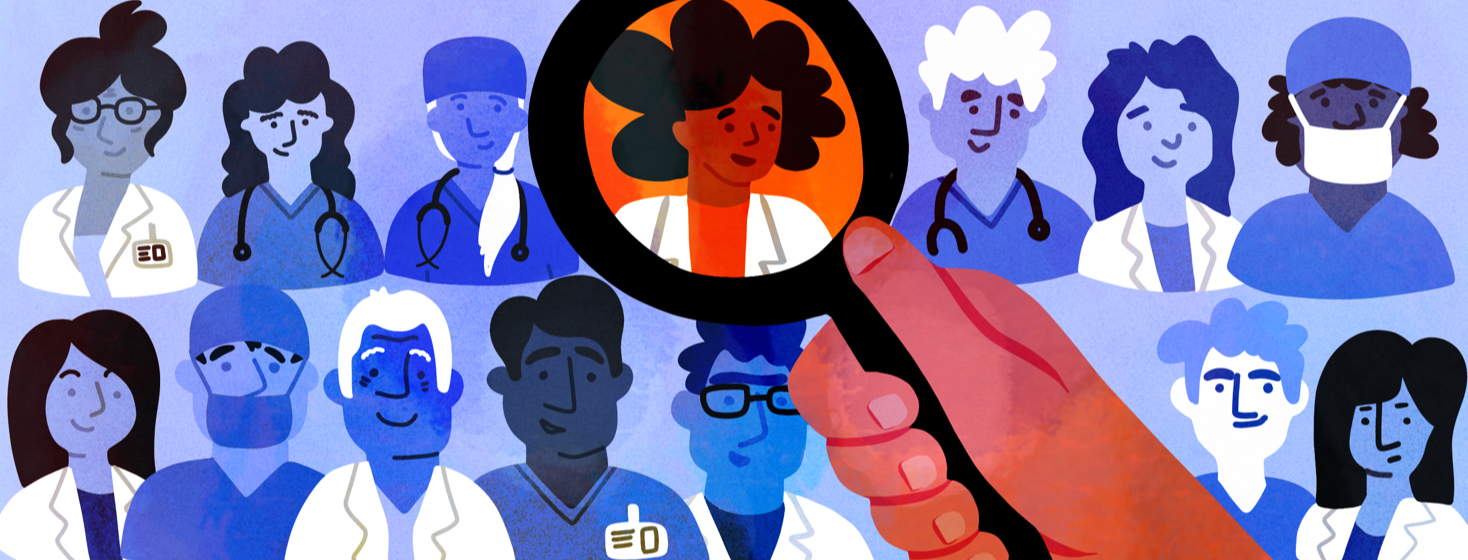Why I Chose a Thyroidectomy
I must have looked like a terrified mouse when I met the endocrinologist who diagnosed me with Graves’ disease. I sat in the exam room with my heart racing and hands shaking uncontrollably. As I spoke about my concerns, she looked over my previous test results from a different doctor and said that she couldn’t believe the other doctor didn’t catch this - I very clearly had Graves’ disease. A second test was performed later that week, and my diagnosis was confirmed.
My treatment options for Graves' disease with thyroid eye disease
I spent two years working closely with my endocrinologist, trying to find the right medication dosage to treat Graves’ disease. Unfortunately, everything was either too high or too low, nothing in between. My thyroid levels wildly swung from one extreme to the other. We even tried certain dosages twice (months apart) with different results each time. No matter what we did, my body was determined to not respond well to methimazole.
Some might read this and say, “I wonder if she did ABC,” or “XYZ approach is really the way to go.” I would like to emphasize that everyone is different and responds to treatment differently. I fully trusted this doctor with my care, and we followed every step that we believed was appropriate for my needs.
I never wanted to have a thyroidectomy. As a singer, the scariest thing I could imagine was surgery that might compromise my vocal cords. Statistically about 1% of people who have a thyroidectomy experience permanent vocal damage. It was a hard no from day one. Radioactive iodine therapy was also taken off the table because my doctors were concerned that it could drastically impact my thyroid eye disease symptoms. So I was left struggling with methimazole and hoping I would be one of the lucky patients with Graves’ disease who would naturally go into remission.
But I didn’t. I continued to struggle, and I felt like my body was completely out of control. My doctor had given me a timeframe of when remission would likely happen (if it happened), and that date came and went. I spent months leading up to that date wrestling with what I knew was the inevitable - a thyroidectomy.
Why couldn’t I stay on methimazole forever?
- For me, it simply wasn’t an effective treatment.
- My doctor expressed concerns about me being on a high dosage of this medication for a long time.
- There are serious risks with untreated/improperly treated Graves’ disease.
My doctor and I had a long discussion, and we agreed that it was time to take meaningful action. It was time to feel better.
My thyroidectomy
Though there are risks with major surgery, and I had very serious concerns about my voice, I moved forward. I researched different surgeons, had consultations with two and selected a surgeon who worked regularly with singers and specialized in vocal preservation during thyroid surgeries. As scared as I was, I trusted this doctor completely.
I woke up from my thyroidectomy and immediately felt relief. I recognize that this was likely in part a wave of relief from finally being able to have this incredibly stressful procedure that was delayed due to the COVID-19 pandemic, but I also think that deep down something was different. I think my body realized it didn’t have to fight itself anymore. I had forgotten what it was like to feel that good. I now need to take a thyroid replacement medication every morning, and I’m so much happier. I responded to it well, and I was quickly (and finally!) able to get my thyroid levels in range.
Everyone’s needs are different, but I hope that by sharing my experience and success with my thyroidectomy it might help others feel more comfortable exploring this option for themselves with the help of their medical team.
Share your personal story with thyroid eye disease with the community by clicking the button below!

Join the conversation